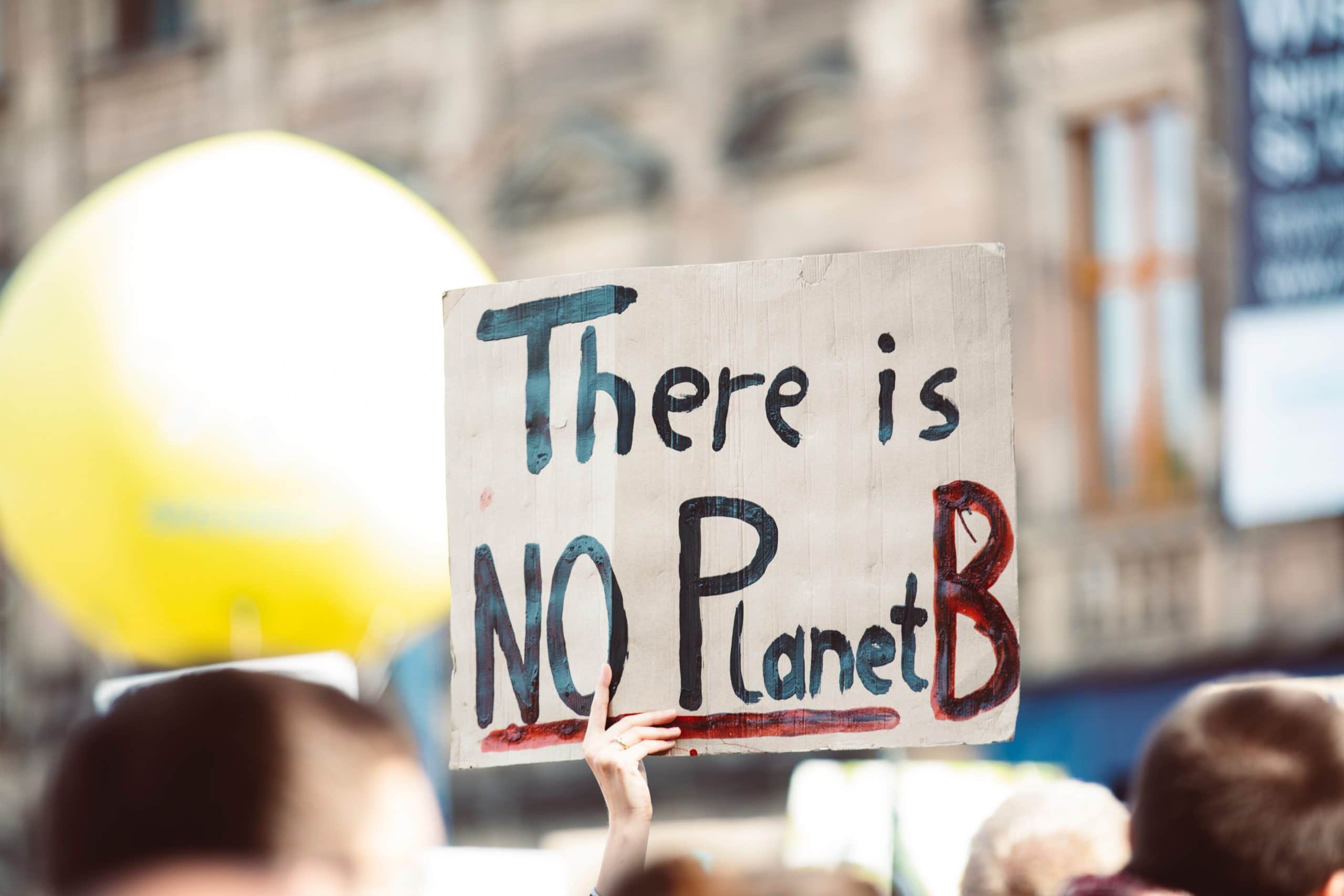This fall, I took a course on writing for science communication in popular media—books, short and long-form articles, TED Talks, you name it. In the middle of the semester, my professor disappeared for a week to cover the United Nations’ Climate Change Conference in Glasgow, Scotland, also known as COP26, for the news outlet she writes for. She returned from her whirlwind tour full of anecdotes about everything from the overcrowded venue to the on-site translation technology, both of which frankly blew my mind.
COP26 faced high expectations and heavy criticism from activists and government officials alike—and while it made real progress in some areas, the final agreement left much to be desired (for more on the conference itself, check out this article from Jacqueline). But the reflections my professor brought back with her didn’t tend to focus on the detailed contents of the new agreement.
Rather, in true journalistic style, the focus was on words.
“It sounds like you’re talking over people.”
The words we use to talk about climate change are often complex and rooted in scientific jargon. When we use them to try and spur environmental action and impact, these words—while accurate—can generate confusion and misunderstanding instead. The end result? Inaction instead of action, and impact that can harm rather than help.
To start, we have a veritable alphabet soup of acronyms: COP26, IPCC, UNFCCC, NDC, and SDGs, just to name a few. Not only can these acronyms distract readers with their unfamiliarity, some can come with unwanted associations—one example being the use of “COP” as an acronym for the conference, which could remind readers of their perception of law enforcement.
My professor also gave our class a list of eight commonly-used words that can create confusion for readers, especially those without a background in science. Here they are, from hardest to easiest to understand:
- Mitigation
- Carbon neutral
- Unprecedented transition
- Tipping point
- Sustainable development
- Carbon dioxide removal
- Adaptation
- Abrupt change
The list comes from a research study out of the University of Southern California, published this past August, that chose these eight phrases through documents and conversations with the Intergovernmental Panel on Climate Change (IPCC) and asked a diverse set of participants to explain them. After analyzing all of the misunderstandings that came up during the interviews, the research team realized that by relying on scientific jargon, we essentially shut everyday people out of conversations on climate change.
As one participant aptly put it, “it sounds like you’re talking over people.”
Rather than helping us communicate effectively about climate change to audiences around the world, these words—and many others—have become barriers to knowledge. Without some sort of scientific education or prior experience with climate science, it’s hard to understand climate terms and acronyms, what climate policies mean for our everyday lives, or even why we should care about our climate at all.
So, what’s the solution?
Translate for accessibility
If you’re confused about any of the 8 terms above, or if you’re not sure you could explain one of them to a friend or family member, check out some of my favorite climate change “dictionaries”:
- These helpful translations from Wändi Bruine de Bruin, the study’s lead author, published by The Conversation and the World Economic Forum. I especially liked her explanations for “tipping point,” “mitigation,” and “carbon neutral.”
- This list from Popular Science is also great; it includes more phrases, and goes more in depth on each term and acronym.
- This “Jargon Buster” from the Science Council is probably the most extensive, and is better for someone with at least a small scientific background or a bit of higher education.
The study also noted that structure is important, too. Long sentences and words can quickly lose the reader—who wants to read a paragraph that fills the entire screen? Keeping things short and simple opens up knowledge about climate change to a much larger audience, including youth and those living in areas with low literacy rates.
To solve our many climate problems and bring as many people on board as possible, we’ll need to communicate more effectively. Shorter, simpler phrases can take the mystery out of the science and help more people access and understand important information. And improving our scientific storytelling can turn raw facts and data into something that’s relatable and easily applied to anyone’s life.
Want more about (some of) those eight terms?
#1 Mitigation
For Small Islands, It’s Too Late To Mitigate by Delia
#5 Sustainable Development
Sustainable Development: What Is It, and Why Does It Matter? by Sydney
#6 Carbon Dioxide Removal
Carbon Farming: The Future of American Agriculture and Carbon Trading by Heream
Climate Change and Mushrooms: Here’s How Fungi Can Save the Planet by Jacqueline
#7 Adaptation
Climate Migration: A Crisis of Coffee In Guatemala by Sydney
Gene Editing for Crops with Environmental Superpowers by Scarlett
If we want to broaden our environmental impact, better communication is a fantastic place to start. Climate change will affect all of us; using language that’s easier to understand will ensure that more of us know what’s happening, why it’s happening, and what we can do about it.
- A Dose of Climate Optimism from 2021 - January 20, 2022
- When It Comes To Climate Change, Language Matters. Here’s Why. - December 28, 2021
- The EPA Wants To Take A Few Years To Regulate PFAS. Here’s Why. - October 28, 2021
